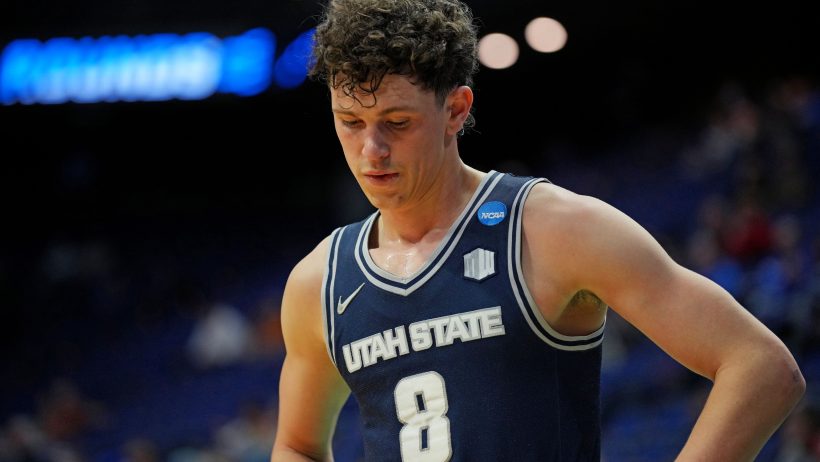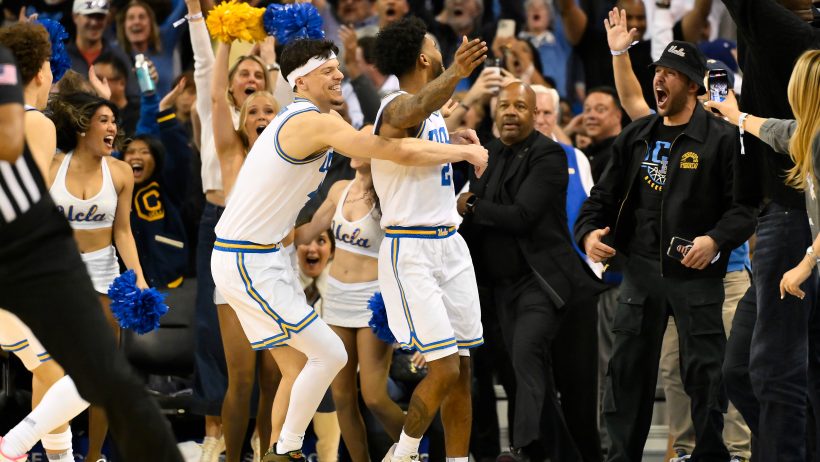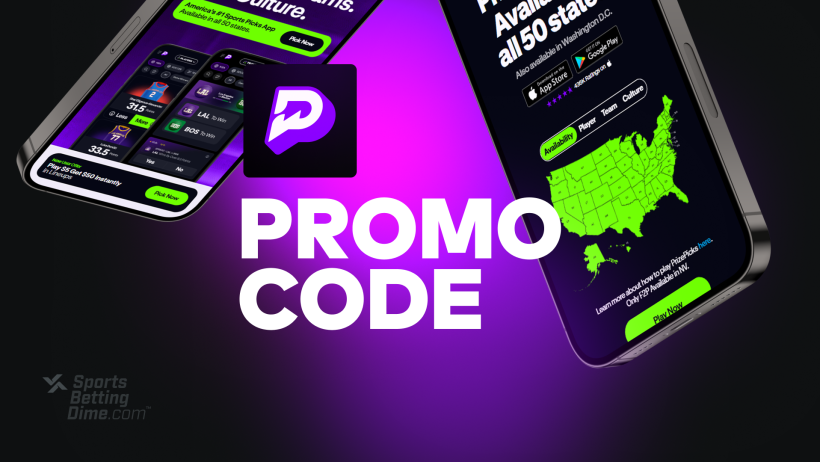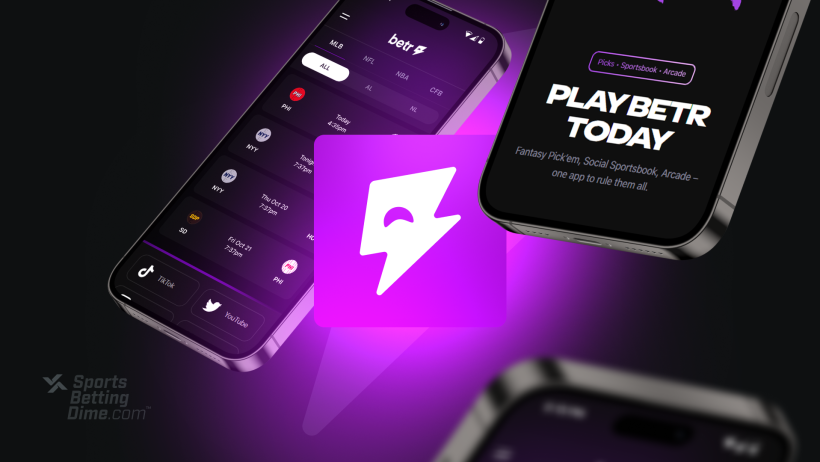NCAA: Six Former Men’s Basketball Players Banned For Betting-Related Manipulation
By Robert Linnehan in Sports Betting News
Published:
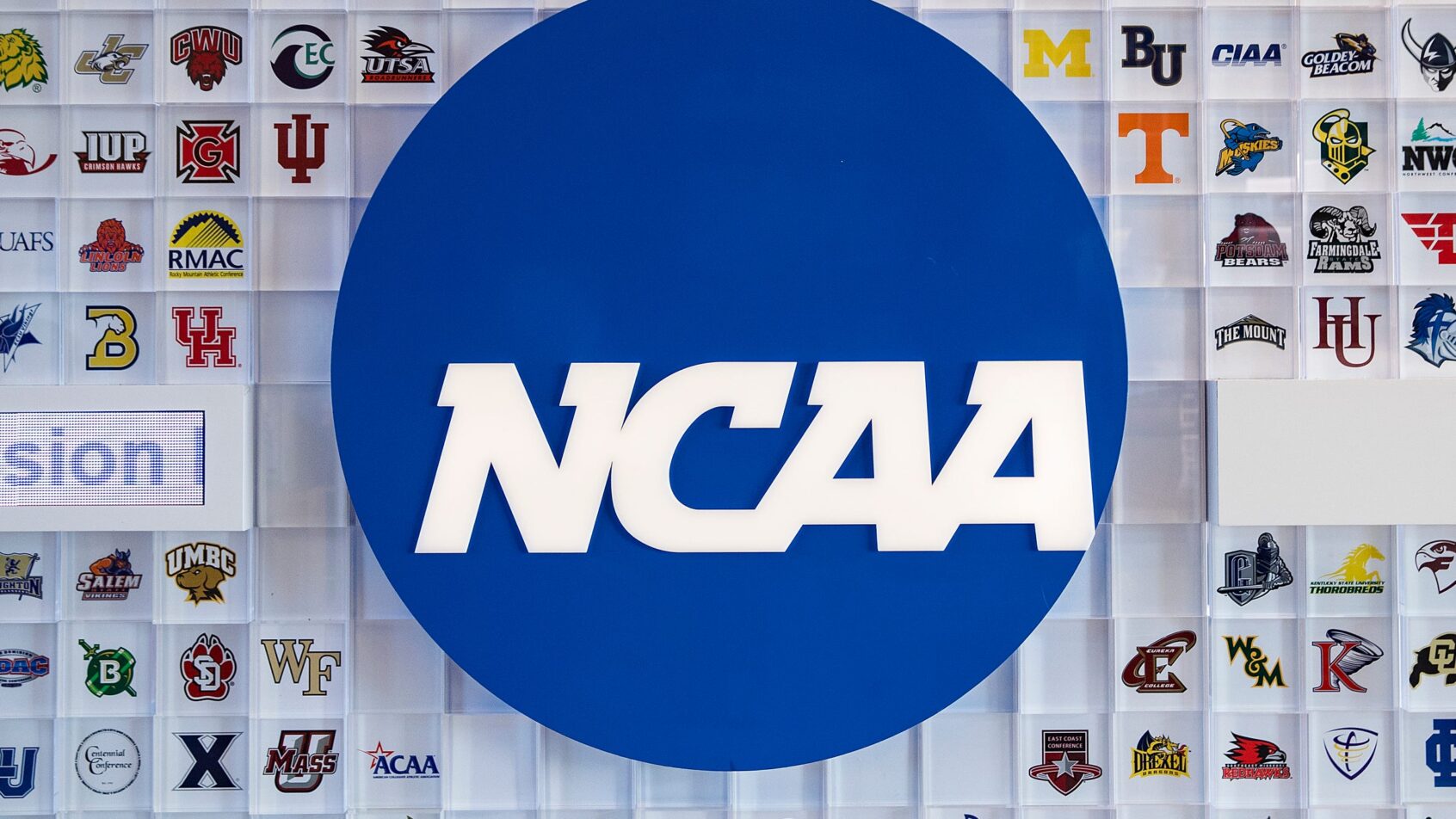
- The NCAA today announced six former men’s basketball players have been banned for sports betting related infractions
- Student-athletes either attempted to manipulate game outcomes or shared insider information
- Athletes played at New Orleans, Mississippi Valley, and Arizona State
The NCAA today announced six former men’s basketball players from the University of New Orleans, Mississippi Valley, and Arizona State have permanently lost all NCAA eligibility after an investigation revealed the athletes engaged in either game outcome manipulation or the sharing of insider information.
An NCAA enforcement investigation uncovered violations by six student-athletes that involved either betting-related game manipulation and/or student-athletes providing information to known bettors.
Cedquavious Hunter, Dyquavian Short, Jamond Vincent, Donovan Sanders, Alvin Stredic, and Chatton “BJ” Freeman are no longer enrolled at their previous schools.
Three Athletes Involved in Game Manipulation
Hunter, Short, and Vincent, all of whom played for the University of New Orleans Privateers, were found to manipulate game performances for the purpose of financially benefitting themselves and others in seven games from December 2024 through January 2025.
All three athletes attempted to lose by more points than the betting spread identified by sportsbook operators in a conspiracy with outsider bettors, according to the NCAA,
The enforcement staff reported a student-athlete overheard Hunter, Short, and Vincent discussing a third party placing a bet for them on their Dec. 28, 2024 matchup against McNeese. The consensus spread for the game was +24 points for the Privateers, which they lost by a final score of 86-61, resulting in McNeese covering.
The same student-athlete reported that during a timeout near the end of the matchup Short instructed him to not score any more points in the game.
New Orleans suspended all three athletes for the remainder of the season while the investigation took place.
In addition to engaging in game manipulation for sports betting purposes, the athletes also failed to cooperate in the investigation and provided false or misleading information to the NCAA.
Suspicious Activity Surrounding Mississippi Valley
After a public report in February 2025 was released regarding an NBA gambling ring that was potentially tied to college basketball, the NCAA contacted an integrity monitoring service to review Mississippi Valley games.
The monitoring company revealed suspicious betting patterns surrounding a Jan. 6 game between Mississippi Valley State and Alabama A&M. This prompted an NCAA enforcement investigation into the school.
Prior to a Dec. 21, 2024 game, a student-athlete reported he overheard Sanders discuss “throwing the game” with an unknown third party on the phone. Sanders asked the athlete to participate in the phone call, as the third-party wanted to know if he would participate in the scheme, according to the NCAA.
The student-athlete denied manipulating his performance or receiving money. Sanders texted him after the game, instructing him to delete his messages.
Sanders could not explain the student-athlete’s report during the investigation to the NCAA, but did say that he and Stredic were offered money to throw the team’s Jan. 6 matchup by another anonymous caller, who instructed them to play poorly in the first half. Mississippi Valley State lose to Alabama A&M by a final score of 79-67.
The investigation revealed Sanders provided insider sports betting information to a third party for two games, while Stredic did so for one.
Both Stredic and Sanders also did not cooperate with the NCAA investigation.
Improper Daily Fantasy Sports Bets
Violations involving Freeman at Arizona State were uncovered when enforcement staff reviewed text messages for a separate case involved Mykell Robinson, a member of the Fresno State basketball team.
On four separate occasions between November and December 2024, Freeman provided insider sports betting information to Robinson, who was placing bets on Freeman through daily fantasy sports accounts.
He also provided insider information to his then girlfriend on at least two occasions, who was also placing bets on Freeman.
According to the NCAA, Freeman knowingly provided false or misleading information to investigators when he denied sharing information with his girlfriend and Robinson. He also denied having a personal daily fantasy sports account, which was registered under his name and email address, which he made deposits into while competing at a prior school.
Five of Six Athletes Did Not Cooperate
According to the NCAA, Hunter and Sanders declined to participate in their cases. Short, Vincent, and Stredic were unresponsive to enforcement staff as their cases were process. Freeman participate and agreed to his violations.
The Committee on Infractions approved the investigation findings. While student-athletes found to be in violation of NCAA rules can be reinstated with the assistance of an NCAA school, those who are found to have bet on their own games or share information for betting purposes usually receive a permanent loss of eligibility.
After the 2024-25 season, Freeman had one season of athletic eligibility remaining.

Regulatory Writer and Editor
Robert Linnehan covers all regulatory developments in online gambling and sports betting. He specializes in U.S. sports betting news along with casino regulation news as one of the most trusted sources in the country.
